2019 PreConference Sessions
all pre-conference sessions are half-day sessions on Wednesday, November 13, 8:30 - 11:30 AM
Register for a Pre-Conference by October 18 and you will be entered into a drawing for a 39" Insignia TV!
all pre-conference sessions are half-day sessions on Wednesday, November 13, 8:30 - 11:30 AM
Register for a Pre-Conference by October 18 and you will be entered into a drawing for a 39" Insignia TV!
<< Back to
Session 1 - The Mindful Counselor's Toolkit for Self-Care
Dr. Lenice Biggins-Horton and Aleah Brown
You can’t be a champion for others if you’re not first a champion for yourself. As providers for the
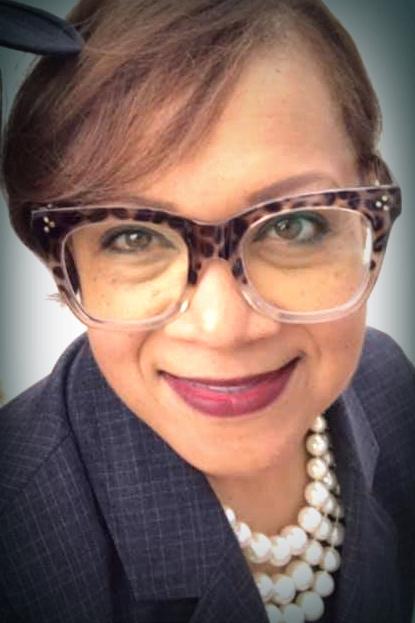
Dr. Lenice
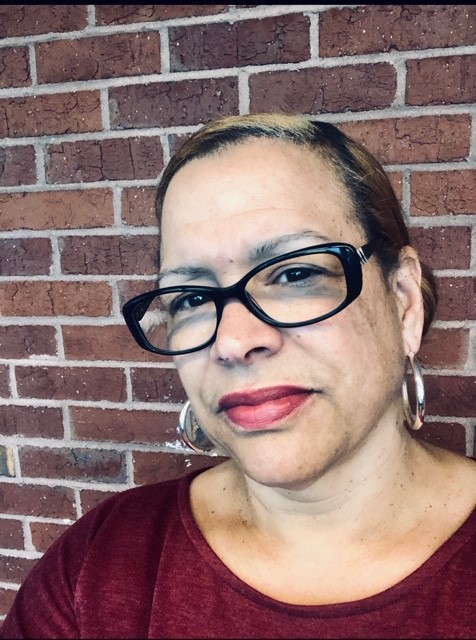 Aleah Brown has served 30 years with the Atlanta Public School District, 19 of those as a Professional School Counselor. She received her B.A in Early Childhood Education from Dillard University (New Orleans, LA), her M.Ed in School Counseling and Ed.S in School Improvement from
Aleah Brown has served 30 years with the Atlanta Public School District, 19 of those as a Professional School Counselor. She received her B.A in Early Childhood Education from Dillard University (New Orleans, LA), her M.Ed in School Counseling and Ed.S in School Improvement from
Session 2 - System of Supports for Mental Health: Creating and Sustaining Healthy Schools and Communities
Dr. Merrianne Dyer
Schools, families, and communities are challenged with issues of trauma, substance abuse, poverty, mental illness, and other pervasive barriers to learning. This session will describe a systematic, school-wide approach that organizes, aligns, and integrates the work of the school to address these barriers to learning. Based on the foundational work of Drs. Linda Taylor and Howard Adelman from the UCLA Center for Mental Health in Schools’ Comprehensive System of Learning Supports, the learning supports pathway approach is inclusive of social-emotional learning competencies, trauma-informed practices, restorative discipline practices, and promotion of mental health. Participants will leave with a bank of strategies and practices to apply in their schools and communities.
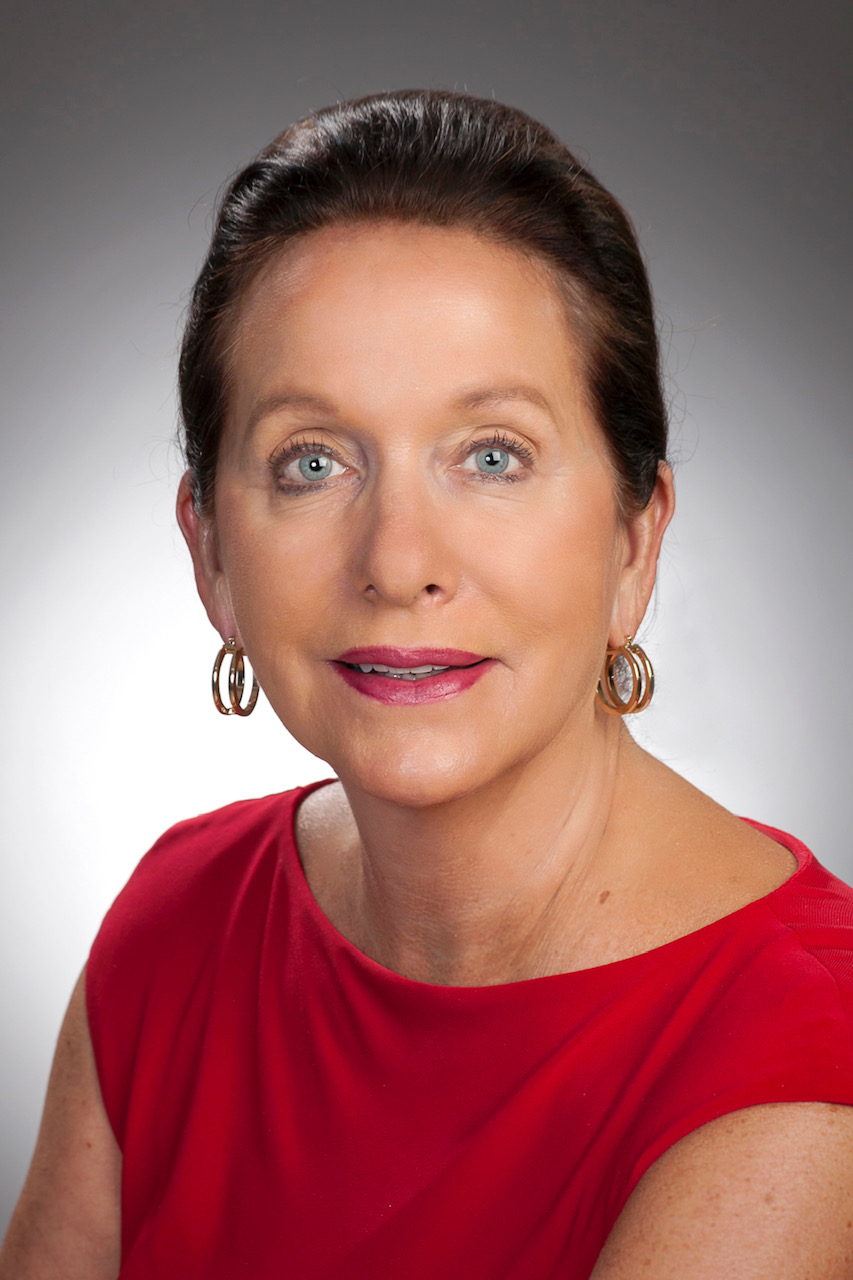
Merrianne Dyer’s career in public education spans over 30 years of service as a teacher, principal, and superintendent. While serving as superintendent of Gainesville, GA City Schools, Dr. Dyer led a four-year pilot implementation for school leaders to apply the UCLA Center for Mental Health in Schools’ Comprehensive System of Learning Supports in partnership with the Scholastic company. Upon retiring as Superintendent for Gainesville City Schools, Dr. Dyer joined Scholastic’s professional learning division as the lead consultant for Learning Supports Pathways, a series of professional learning that promotes equity in practice to address barriers to learning. Additionally, she is a faculty member for the National Dropout Prevention Network’s Trauma Skilled Schools Certification and a certified Drop-Out Prevention Specialist.
Dr. Dyer currently works with schools and districts around the nation to facilitate the implementation of a systematic delivery of school and classroom supports to address mental health, promote equity, and develop
Dr. Dyer holds an Ed. S. in Educational Leadership from the University of Georgia and a Ph. D. in Education Policy from Georgia State University.
Session 3 - Restorative Practices
Dr. Veneschia Bryant
Restorative Practices, when implemented systemically, create systems of support, inclusion, and well-being. Schools that are intentional with their practices build school cultures that are relational, caring and successful. This session will focus on the Fundamental Principles of Restorative Practices, and participants will explore ways to build strong, healthy relationships throughout their school sites. Participants will experience the Restorative Practices continuum, and in this experience explore the power of circles and discover how to use circles both proactively and responsively in the educational setting. This session is designed for individuals whose core beliefs are aligned with the premise of Restorative Practices – that people are happier, more cooperative and productive, and more likely to make positive changes in their lives when those in positions of authority do things with them rather than to them or for them. If you have ever felt that your school needs more … in order to be more …., but you could not quite figure out the missing ingredient, then what you have been waiting for is here, Restorative Practices. Come and learn how to be a WITH person and how to create sustainable, positive change in your school environment. This is the missing ingredient.
Dr. Vene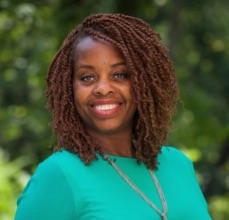 schia Bryant has adorned many titles in the realm of education and worn several hats, but in the midst of them all, refers to herself as an educator and a servant leader. Whatever stands before her, her priority has been and always will be … to serve. Her faith and family are her pillars and with this support system securely in place, every moment is a blessing, every day is a new opportunity and every tomorrow is a promise full of possibilities. With a Bachelor’s in Early Childhood Education, Masters in Instructional Design and Technology, Specialist in Curriculum and Instruction and Doctorate in Educational Leadership, she is committed to putting the knowledge and resources acquired over the years in action to help students and educators obtain the knowledge and skills they need to transcend to unimaginable levels.
schia Bryant has adorned many titles in the realm of education and worn several hats, but in the midst of them all, refers to herself as an educator and a servant leader. Whatever stands before her, her priority has been and always will be … to serve. Her faith and family are her pillars and with this support system securely in place, every moment is a blessing, every day is a new opportunity and every tomorrow is a promise full of possibilities. With a Bachelor’s in Early Childhood Education, Masters in Instructional Design and Technology, Specialist in Curriculum and Instruction and Doctorate in Educational Leadership, she is committed to putting the knowledge and resources acquired over the years in action to help students and educators obtain the knowledge and skills they need to transcend to unimaginable levels.
Succinctly described in her own words, Dr. Bryant outlines her current role and purpose. “As a native of Atlanta and graduate of Atlanta Public Schools (APS), one might easily refer to me as a "heart" worker for the students and staff of my beloved district! My primary role is to support APS' high schools in the implementation of Social Emotional Learning. I truly believe in the words of Dr. James Comer, "No significant learning occurs without a significant relationship." It is incumbent upon us all to reach students before we teach them. Show them that we care and build a relationship first, and then the learning will follow. As educators, we also must be intentional with our efforts of self-care. Taking care of you first, allows you to bring the best version of you to your students each and every day! They deserve the best, and so do you!”
Session 4 - Self-Harm, Suicide & Social Media: Helping Students Ask for Help
Dr. Julia Taylor
We consistently hear that students who self-harm and contemplate suicide reach out to others on social media. Sometimes, school counselors are provided with screenshots or insight into this issue, with little ground for investigation (i.e., which student is it?). What is our role in prevention? How can school counselors intervene? This session will provide great insight into the darker side of social media, refresh our ethical standards, and engage participants in a collaborative discussion about how to help students help themselves and others.
Expected session outcomes:
- Participants will learn about the social media sites where students often reach out for help and/or receive encouragement to continue down a destructive path.
- Participants will have a clear understanding of research outcomes regarding the connectedness
students’ feel online and hesitation for reaching out for help. - Participants will explore the wide-range of self-harming behavior and learn to better identify students who may need help.
- Participants will learn about legal and ethical responsibilities regarding their professional role as it relates to self-harm and social media.
- Participants will learn how to host a parent education evening regarding these sensitive topics.
- Participants will have a knowledge base regarding current research as it relates to students and social media use.
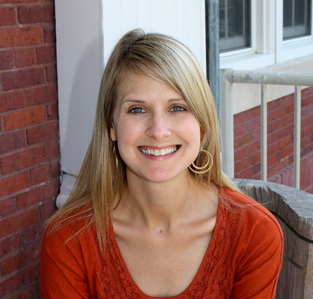
Julia V. Taylor is an Assistant Professor in the Counselor Education Program in the Department of Human Services at the University of Virginia. Prior to academia, Dr. Taylor was a secondary school counselor, then transitioned to the dean of student services at an early college, public girls’ school in Raleigh, North Carolina. As a member of the founding leadership team, Taylor helped construct and open
